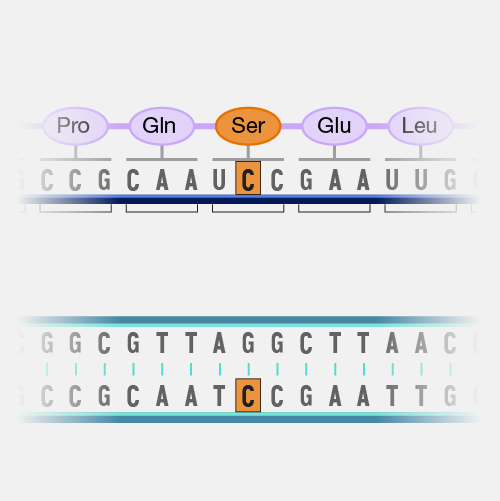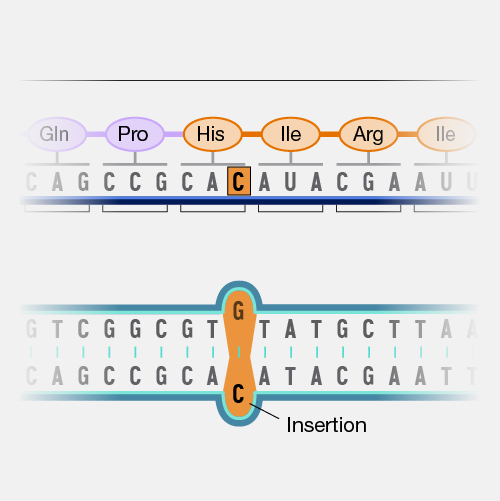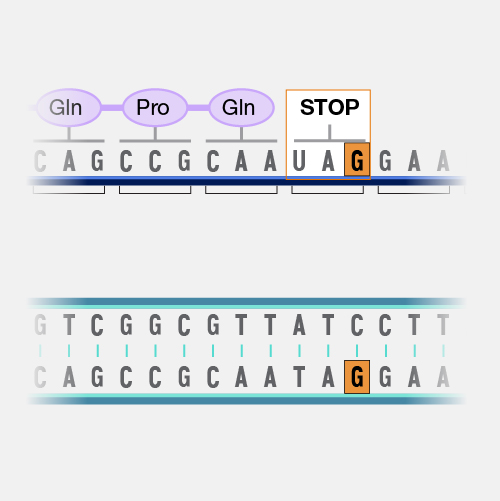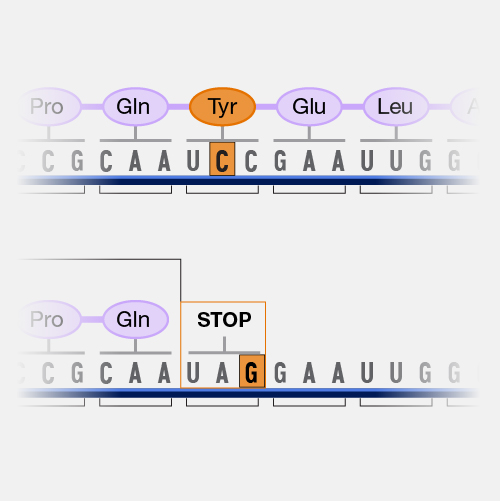
LOH (Loss of Heterozygosity)
Definition
LOH (short for “loss of heterozygosity”) refers to a type of mutation that results in the loss of one copy of a segment of DNA (typically containing a gene or group of genes). For most parts of the genome, human cells have two copies of any genomic segment — one from each parent — so in the case of LOH, only one copy would still be present.
Narration
Loss of heterozygosity, LOH. Loss of heterozygosity, LOH, is defined as the loss of one parent's contribution to the cell. It is a common form of allelic imbalance by which heterozygous somatic cells become homozygous because one of the two alleles gets lost. This form of chromosome instability is sufficient to provide selective growth, a major cause of tumorigenesis. LOH can be caused by degradation, deletion, due to an imbalance rearrangement, gene conversion, mitotic recombination, or loss of a whole chromosome [inaudible].





